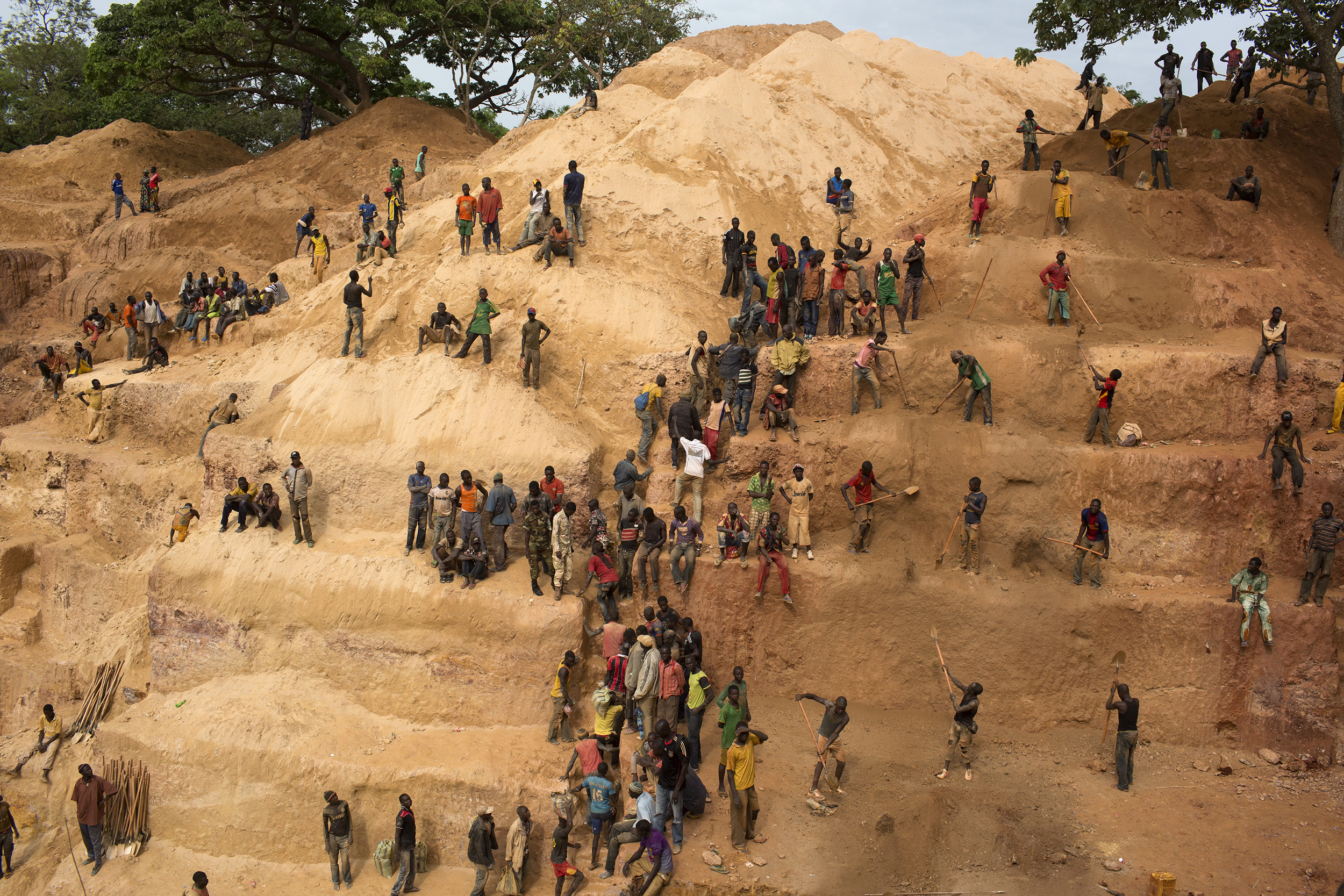Prosperity in Africa has traditionally been very tightly connected to the price of commodities. As such, the resource-rich continent, a home to a third of the world’s mineral reserves and to two-thirds of the world’s diamonds, plunged into an economic turmoil every time commodity markets crashed. However, this time around, despite the tumbling commodity prices in 2014 and early 2015, things seem to be different.
In the past, commodity-price falls meant the same scenario – a general crash of African currencies, in most cases of truly catastrophic nature. During the 1998-1999 slump in oil prices, for instance, Nigeria’s naira depreciated by 80 percent. Last year, many of the continent’s currencies lost value as well but their performance was much better than during previous periods of falling commodity prices.
Over the past ten years, many things have changed in Africa. After the popularity of development agenda at the beginning of the 2000s had faded away, many African governments undertook steps that seem to start paying off now. Many countries have introduced investment-friendly policies and promoted good governance. As a result, some of the continent’s economies are ranked high on the World Bank’s “Doing Business” list for 2013/2014. According to the study, Africa made bigger progress in the improvement of business-friendly regulations than any other region in the world.
The rising resilience to the volatility in commodity prices has thus been possible mostly thanks to the rise of other sources of growth. Manufacturing production in Africa is growing faster than the rest of the economy with growth being the most pronounced in the services sector. The sector expanded at an average rate of 2.6 percent per capita across the continent between 1996 and 2011. An important driver of growth has also been tourism. In 2000-2012, the number of foreign tourist arrivals increased by a factor of two and the revenue from the sector tripled.
On top of the rise in manufacturing activity, the improvement in the fiscal policy by many African governments is contributing greatly to the health of the economy as well. Governments are getting better and better at managing their spending during the booms and busts of commodity markets. Only ten years ago, it was not uncommon for an African government to squander state coffers overflowing with money when commodity prices were skyrocketing. However, in recent years, savings have been on rise, which helps smooth consumption and spending over time.
Most of the continent’s resource-rich economies are trying very hard to diversify their economies and combine the diversification with sound government policies. In Nigeria, the efforts to prevent the 1998-1999 crisis from repeating itself have triggered major investments in other sectors, mostly construction, banking, and mobile phones, which are now major drivers of the country’s economic growth. Services now account for 60 percent of Nigeria’s gross domestic product, which is an unprecedented number in the economic history of the continent.
Despite the massive progress and ongoing efforts to make Africa less dependent on the business cycle of commodity markets, the continent is still far from breaking the spell of the “resource curse”. Many African countries are investing lots of money to develop giant gas and oil fields as well as mines, which could help their economies in the short-run while reinforcing their dependence on commodities in the long run. Nevertheless, Africa is one the world’s fastest growing regions with an average annual rate of more than 5 percent. With investment in infrastructure, education and with improved governance and economic reforms, Africa can be on track of decreasing its commodity dependency and developing its economy in many other ways.
Let’s also hope that economic development will go hand in hand with increased security and ability of African governments to tackle rising military threats of non-state players and jihadist groups that are increasingly undermining the struggle to bring prosperity and peace to the African peoples.




